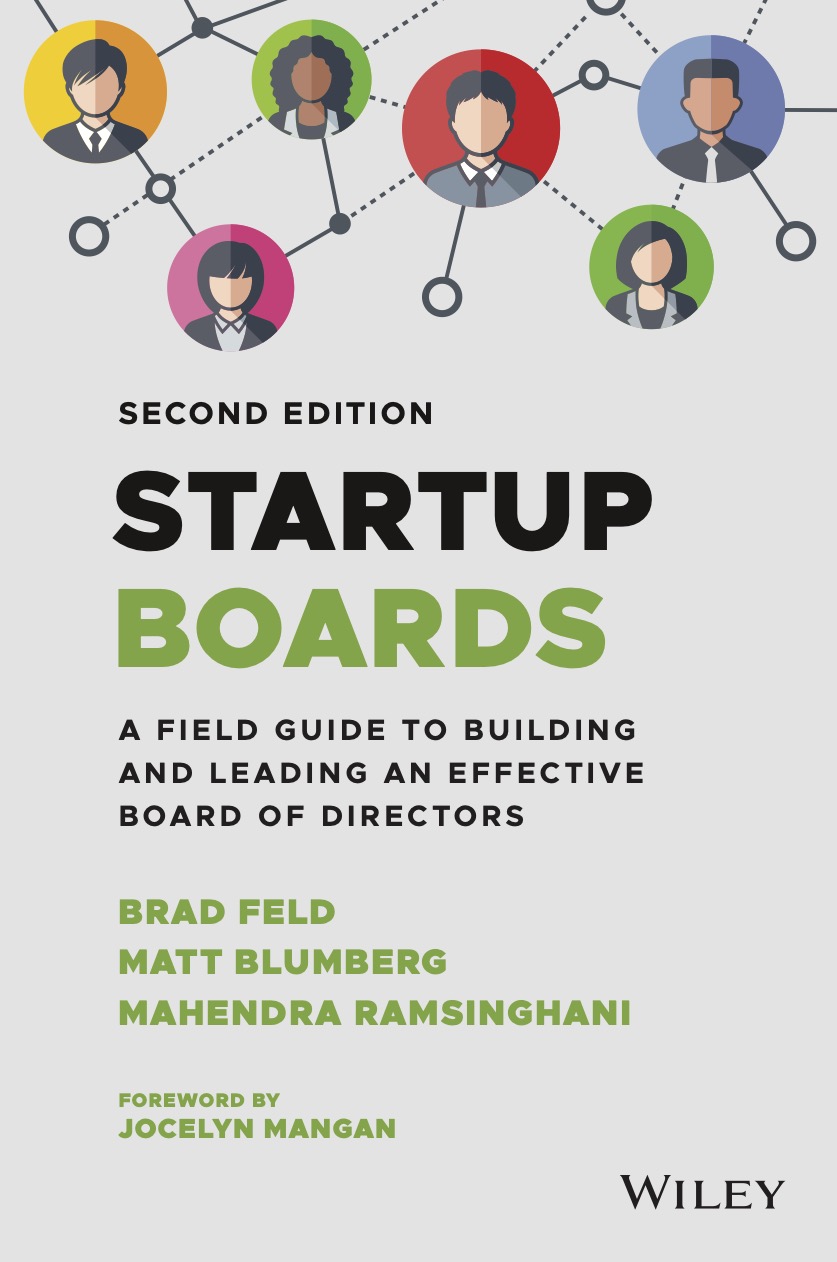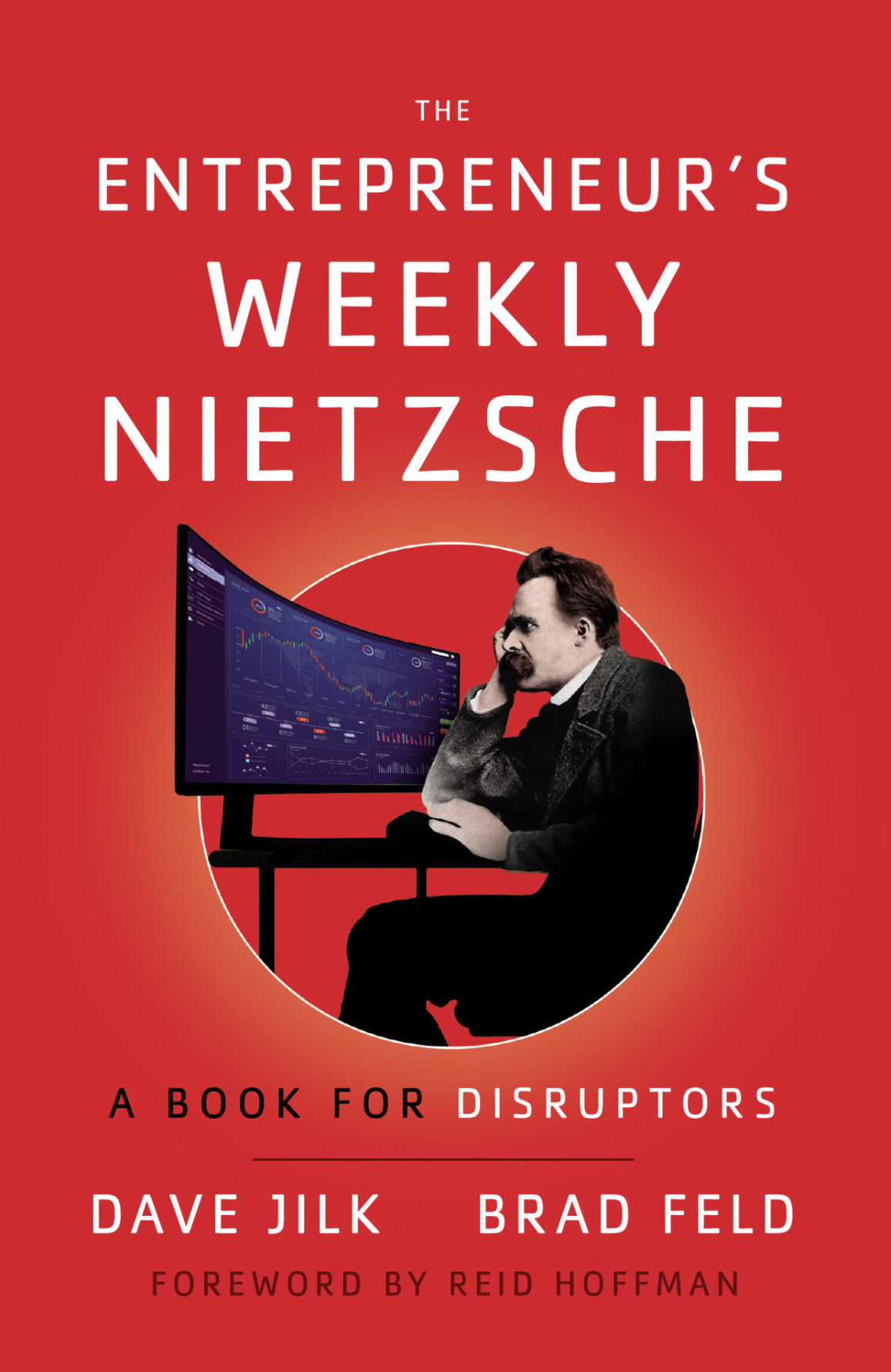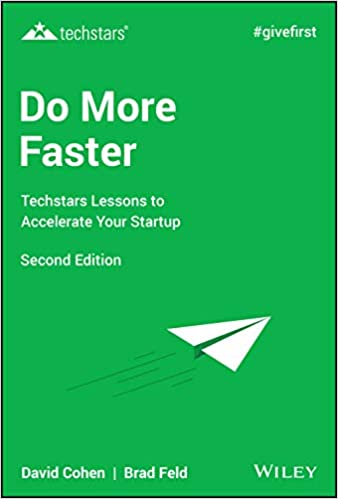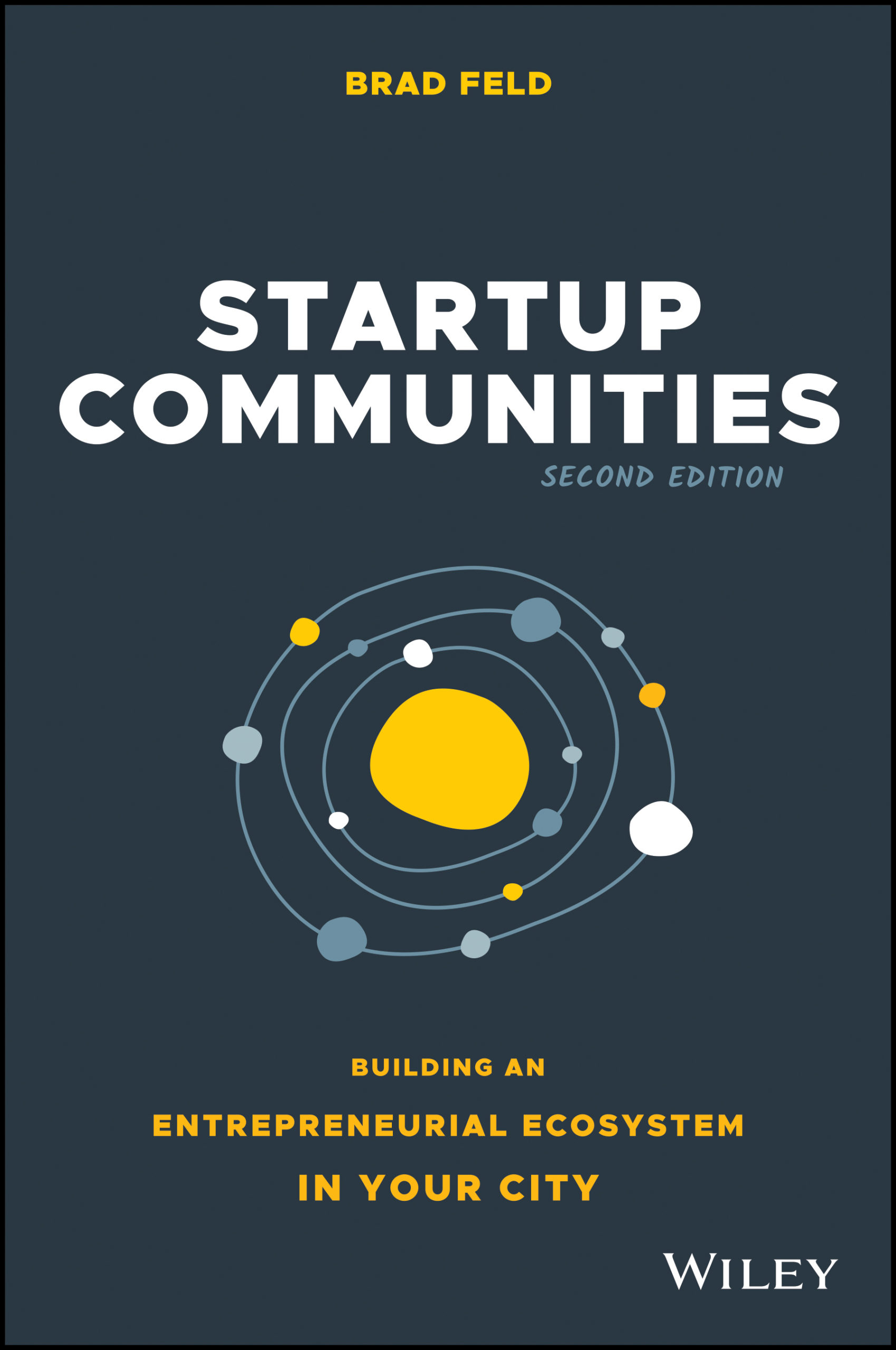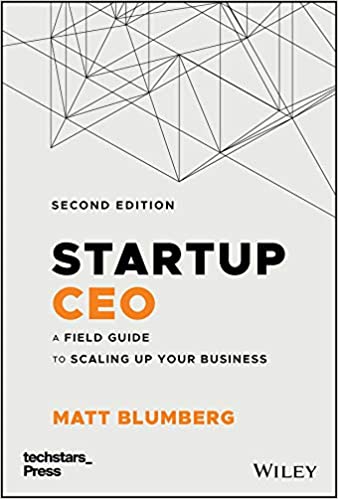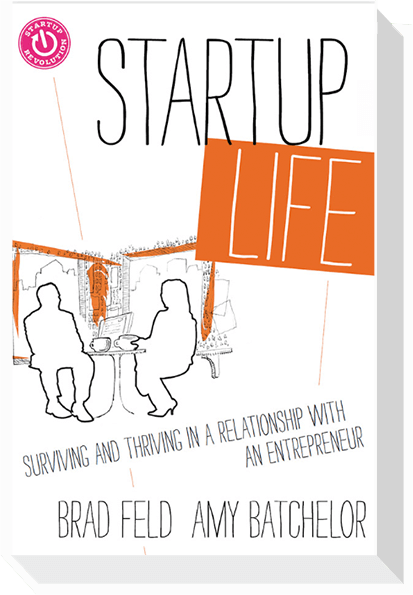Balance and StartUp Life
Guest Post By Jeff Bussgang – Flybridge Capital Partners – (General Partner)
 Living the startup life is a hard roller coaster. One day you think you’re on the verge of building a billion-dollar company, the next you wake up in a cold sweat, paranoid that you are about to run out of cash and have to shut the whole thing down.
Living the startup life is a hard roller coaster. One day you think you’re on the verge of building a billion-dollar company, the next you wake up in a cold sweat, paranoid that you are about to run out of cash and have to shut the whole thing down.
There a lot of good books on how to develop a customer value proposition, rigorously test it and raise money. But I have never seen a book address the hard issues of how to live your life while you’re working 80 hours a week trying to do all those things. Until now.
My friend, Brad Feld, has written precisely that book with his wife Amy Batchelor, called Startup Life. The couple tackle how to manage your relationship with your significant other while trying to live in the mad, crazy, demanding world of startups. Nothing is off limits for this book – Brad shares how he screwed up his first marriage, how they manage their highs and lows together and even addresses the topic of how to find time for sex while running a startup.
Brad asked me to share a few thoughts on my perspective on the topic and whether I had any additional tips. I have been happily married for 19 years and have known my wife, Lynda, over 25 years (we met our first day freshman year in college while moving in to the same dormitory entryway). Like Amy, Lynda is not in the startup world at all, but rather has a completely different work and personal profile than I do (she is a former professional Broadway-style performer and is now a pioneer in the world of aging and multi-generational programming). Additional context: we have three kids (now ages 16, 13 and 10). Brad and Amy don’t have kids, so they were light on addressing this additional challenge – a topic I struggled with when I was an entrepreneur and still struggle with today as a multitasking, over-scheduled venture capitalist trying to be an accessible, loving Dad for my three high-energy children.
Be Predictable, Even If It’s Bad News.
One of the hardest things about being an entrepreneur is the unpredictable schedule you face. A customer calls with a bug and there’s a crisis. A new product needs to get pushed out the door and it’s a crisis. Or you’re trying to raise money and you need to prepare all night for tomorrow’s investor meeting. It would drive my wife absolutely nuts when I would say I would be home by a certain time, and then not show up until one or two hours later. Dinner would be cold, kids would be mad and all hell would break loose.
I finally swore I’d get better at keeping track of time and setting expectations better with my wife about when I would come home. So we developed a system together: at the beginning of each month, I email her when to expect me home at night that month (or not at all if travelling) with a 15 minute range. Many nights the range is “9:45-10:00pm” if I’m in NYC that day or have an evening event. But it is what it is and I don’t try to sugarcoat it. Then, I work very hard to stick to that hour, treating that deadline as if it were a meeting with an entrepreneur or a portfolio company board meeting. If I know I am going to miss the deadline for being home (sure, stuff comes up), I always give her the heads up. This creates a sense of predictability for her and the kids.
If I see my kids in the morning (which is rare, although I’m working on that), I will tell them verbally what time to expect me rather than try to hide from the fact that I’m travelling or working late that day. This avoids my family getting more frustrated with my unpredictable schedule than my actual schedule!
You’re Just Not That Interesting.
In my early startup days, and the early days of the Internet, we used to refer to the crazy pace that we were living as “Internet Time”. There was this feeling that everyone else was living a slower pace than we were. Indeed, to me, my 12-14 hour work day was chock full of a week’s worth of stories, characters and drama. Subconsciously, I thought my day-to-day was more exciting than my wife’s and would come home eager to share all the drama. After a few years, I began to realize that as interesting and dramatic as my work life is to me, it’s really not that interesting to Lynda. She cares about the big things, of course, and she cares about how I’m feeling about it, but the ups and downs about new product releases and who’s missing the quarter and what competitors are doing are all just noise to her.
So my mantra now is, my work life just isn’t that interesting to my family. I share with them the top-line highs and lows, but I don’t think my wife could name each of my portfolio companies. Instead, when I come home, I focus on them: the ups and downs of my kids social and academic lives; the ups and downs of my wife’s work and social life. In my head, I try to keep it to “80% them, 20% me” sharing time. I’m sure it ends up more balanced, but if I aim for 20%, I know I’ll come home focused on them rather than on me. To be clear, I love my work and love being consumed in it. It’s just not that interesting to the four other members of my household. And I’m ok with that.
Find Together Projects.
My wife and I operate in different professional worlds, but we have found that we love collaborating together on projects beyond the raising of our three kids. Raising our kids takes an enormous amount of thought and energy. The topic of our children often dominates our private time together. We have discussions and make decisions each week about their activities, their school work, who is to have a sleepover, who is picking them up when (during the weekend, we often switch to “taxi driver” mode) and what they should do for the summer. But, we have found that having “adult projects” that we collaborate on is also very rewarding. We have pored energy into various non-profits, our synagogue and our kids’ schools as a way of making a difference, yes, but also spending our outside work time together. Thus, although our professional communities are very separate, our personal and social communities are totally integrated.
In addition to those few tips and reading Amy and Brad’s books, I recommend a few other books:
- The Three Big Questions For a Frantic Family by Patrick Lencioni. Lencioni is one of my favorite business book writers (see this blog post on his work on team dysfunction) and so this book was a refreshing way to apply some of his core business lessons to family management.
- Raising Cain by Daniel Kindon and Michael Thompson. I have two boys. I have read this book twice – once when they were recently born and again recently as they move into the world of teenagers and found both sessions incredibly helpful and informative.
- Nurture Shock: New Thinking About Children by Po Bronson and Ashley Merryman. David Kidder of Clickale suggested this one to me and I have enjoyed it as a book that cuts against conventional wisdom in many areas of raising children.
- The Talent Code: Greatness Isn’t Born, It’s Grown. Here’s How by Daniel Coyle. My partner Jon Karlen recommended this one to me. Jon was an all-American squash player and his wife was a 12-letter athlete (!) at Harvard, so I take his recommendations about raising talented kids seriously!
Good luck with your own journey for balance and happiness!
This is a re-post from Jeff’s blog Seeing Both Sides
